Patient Information & Treatment Pathway

Why recommend Otovent?
- Reduce antibiotic prescriptions
- Relieve symptoms of glue ear
- Improve patient quality of life
- Reduce referrals for audiology
- Reduce the need for grommet surgery
- Relieve Eustachian tube dysfunction (ETD)
- Suitable for adults and children from 3 years of age

How To Use Otovent

Connect

Inflate

Repeat
Nasal balloon autoinflation safe and effective for chronic ear infections in children
Watch how Jane Vennik, Research Fellow in Primary Care at the University of Southampton, demonstrates the nasal balloon autoinflation technique.
In a pragmatic randomized control trial published in CMAH, Jane Vennik, Dr Ian Williamson and colleagues found that nasal balloon autoinflation is a feasible, safe and effective treatment that should be used more often.
A Two Phase Method
Using a nose piece and balloon, a positive pressure is generated in the nasopharynx to equalize the negative pressure in the middle ear via the Eustachian tube. Children view blowing up the balloon as a game, improving compliance and ease of treatment. No negative effects have been reported or demonstrated in clinical trials. The Otovent method can be divided into two phases; inflation phase and deflation phase.
1. Inflation phase
2. Deflations phase
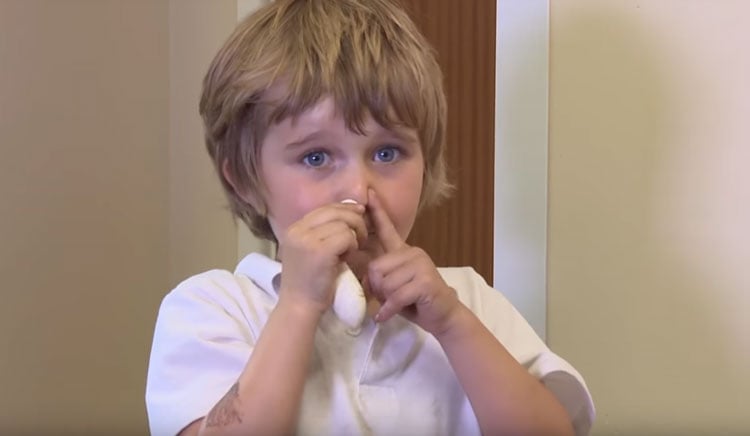
Difficulties Inflating Otovent
It is recommended that Otovent be demonstrated by the parent to the child with a professional present. Then the child should be encouraged to inflate the balloon with the professional’s or parent’s assistance. This demonstration in-practice should reduce errors in using Otovent, but will also give the patient confidence in performing the inflation his or her self. There are also a few tips you can give patients or their guardians to mitigate any initial issues with using the device:
- Demonstration by a parent
- Stretching the balloon with their hands
- Inflating the balloon via their mouth first

When To Recommend Otovent
Treatments for Glue Ear
Research* has shown medicine is usually ineffective in treating glue ear. After glue ear children have been assessed for the severity of their condition, and any additional risks, it will often be a case of simply “watching and waiting”. This is because almost half of all glue ear cases will cure themselves within three months.**
Give parents a choice
Many parents feel frustrated at not being “able to do something” during the watchful waiting period, and would like to potentially prevent the need for surgery if at all possible. Otovent is available on prescription.

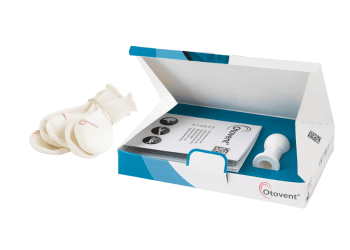
Autoinflation Treatment
Otovent autoinflation treatment is a clinically effective, glue ear treatment designed to reduce the need for surgical intervention. It’s convenient, increases chances of a shorter recovery time from glue ear and is the only clinically effective, non-invasive glue ear treatment for use during the “watchful waiting” period. It is available on prescription or over the counter, but we recommend that all sufferers see their GP before trying Otovent.
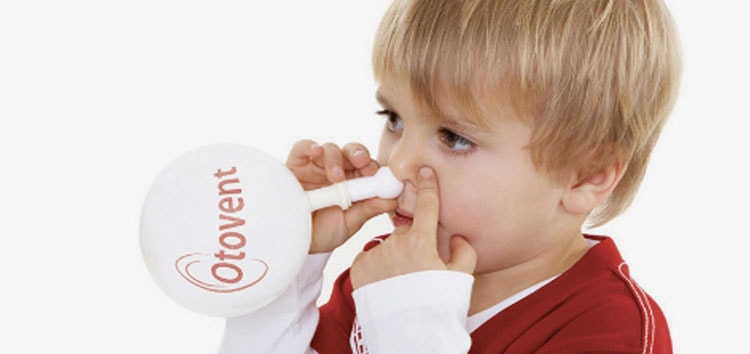
Using Otovent
Otovent is a small balloon which the child blows up using their nose. Otovent equalises the pressure and relieves the symptoms in the middle ear. The act of blowing up the balloon helps to open up the Eustachian tube, making it easier for fluid to drain from the middle ear. Otovent should be used on a regular basis, three times a day, until all the fluid has been drained away. Patients will often start to see results as early as a few days into using the treatment.

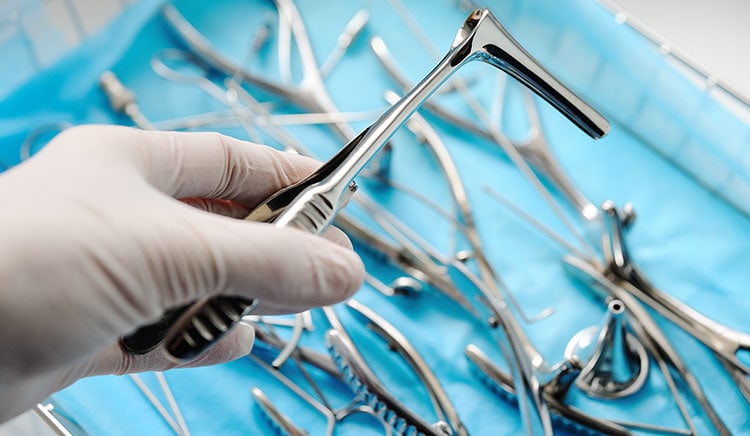
Grommet operation
Grommet surgery is the most common effective treatment for glue ear, but best results are much more likely in children with more severe and prolonged histories. This procedure occurs under general anaesthetic and usually takes about 15 minutes. During the procedure, a very small ventilation tube – a grommet – is inserted into the child’s ear through a small incision in their eardrum. The grommet helps to drain away fluid in the middle ear and will also help to maintain the air pressure in the middle cavity.
A grommet helps keep the eardrum open for several months. As the eardrum starts to heal, the grommet will slowly be pushed out of the eardrum and, in most cases, eventually falls out. This process happens naturally and should not be painful. The majority of grommets fall out between 6 to 15 months after they have been inserted and about 30% of children may need further grommets inserted in order to fully treat the condition.
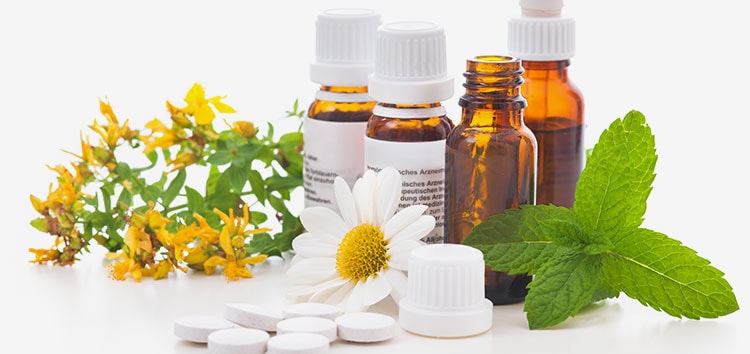
Other Treatments
It’s not recommended by NICE that your patient takes antibiotics, antihistamines or decongestants for glue ear as they don’t have any significant effect and have a number of disadvantages. There is also the possibility that your patient may have side-effects as a result of taking antibiotics.***

